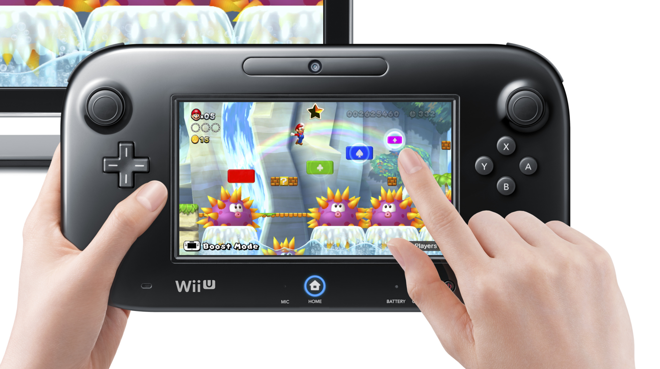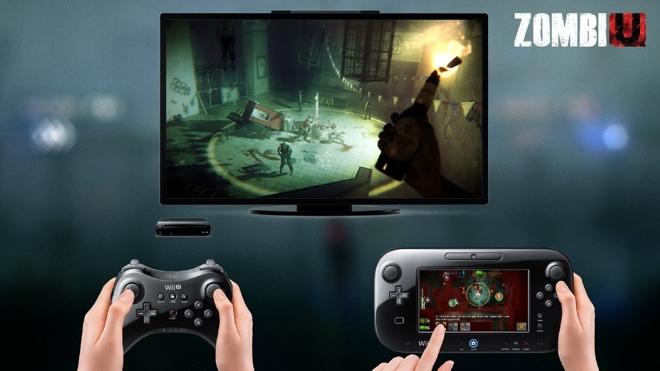Legendary game maker Nintendo reported the results of its last fiscal year on Wednesday, revealing losses of 46.4 billion yen, or $457 million, for the 12-month period ending in March.

Nintendo's tablet-driven Wii U game console was a particular disappointment, moving just 2.72 million units globally for the year. A total of 18.86 million software units were also sold during the fiscal year.
The company admitted that looking forward, the Wii U faces a "challenging sales situation." Nintendo plans to differentiate its system from competitors, like the PlayStation 4 and Xbox One, by focusing on titles that utilize the Wii U gamepad.
The Japanese company's handheld Nintendo 3DS continues to be a relatively strong performer in the face of smartphones, however, moving 12.24 million units. In addition, 67.89 million 3DS games were also sold over the last year.
But portable devices running Apple's iOS and Google's Android have been rapidly altering the portable gaming landscape. Gaming revenue from Google's Play Store and Apple's App Store was said to be four times greater than what Sony and Nintendo see from their dedicated gaming devices as of last August.

Apple has made efforts to compete more directly with Nintendo for traditional gamers by allowing new Made for iPhone certified gaming controllers, which began to hit the market late last year. These accessories bring physical controls to Apple's iOS platform, allowing users more precise input in traditional-style games that may not benefit from a touchscreen.
There are also rumors that Apple may be jumping into the home game console business with a forthcoming update to its Apple TV platform. Speculation has suggested that Apple may be planning to add a third-party App Store and gaming support to its set-top box lineup -- moves that would turn the device into a sort of iOS-based game console for HDTVs.
That would place Apple in direct competition with not only Nintendo's Wii U, but also Microsoft's Xbox One and Sony's PlayStation 4, representing the current generation of gaming consoles. Those devices, which sell for much more than the $99 Apple TV, also offer media streaming functions and the ability to buy or rent content.